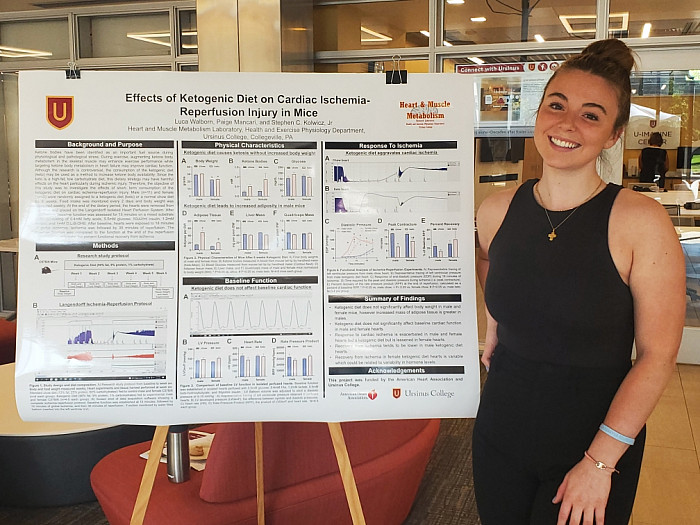Health and Exercise Physiology Congratulates All 2022 Summer Fellows
Health and Exercise Physiology Department faculty, Dr. Stephen Kolwicz and Dr. Catherine van de Ruit, enjoyed mentoring Ursinus students, Luca Walborn ’23 and Mekha Varghese ’23 on their individual research projects during 2022 Summer Fellows. During the summer months, Ursinus College students completed research on a wide range of topics and varied interests which were presented at the Ursinus College Summer Fellows Twenty-Fourth Annual Research Symposium held on July 22, 2022. Curious about the Health and Exercise Physiology (HEP) Summer Fellows research? See a detailed description of the HEP research below.
Luca Walborn
Ketogenic Diet and Heart Function
Mentor: Stephen Kolwicz
Ketone bodies have been identified as an important fuel source during physiological and pathological stress. During exercise, augmenting ketone body metabolism in the skeletal muscle may enhance exercise performance while targeting ketone body metabolism in heart failure may improve cardiac function. Although the research is controversial, the consumption of the ketogenic diet (KD) may be used as a method to increase ketone body availability. Since the KD is a high-fat, low carbohydrate diet, this dietary strategy may have harmful effects on the heart particularly during ischemic injury. Therefore, the objective of this study was to investigate the effects of short- term consumption of the KD on cardiac ischemia-reperfusion injury.
Mekha Varghese
Investigating Health Problems Through Social and Cultural Lenses
Mentor: Catherine van de Ruit
Human health does not exist in a vacuum—social and cultural factors shape disease environments. In-depth analyses of cases of HIV/AIDS and hospital-acquired infections can attest to this observation. We analyzed ethnographic data from the Surgical Unit-based Safety Programme (SUSP) in two hospitals in the eastern United States to explore how local organizational context impacts how patient safety interventions are implemented. We seek to offer explanations surrounding factors that promote or hinder the uptake of important safety initiatives. Both investigations inform the larger project on how different stakeholders—patients, the scientific community, the media, and medical personnel—influence the discovery-to-distribution pipeline in healthcare. For the global health issues described, the medical humanities and social sciences can be used as a tool to holistically understand the management of emerging diseases.


